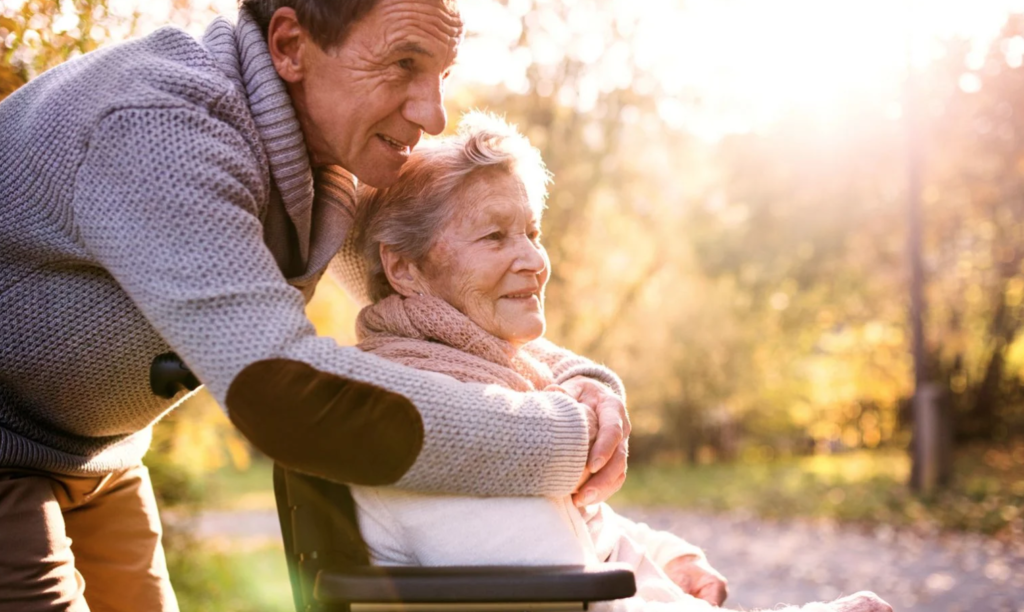
There is one unfortunate certainty in this life: death. It is a scary thing to think about, and it brings up a lot of negative emotions. The most prominent emotion is what some researchers have called “Death Anxiety” — the feeling of dread, or fear, at the thought of death and anything to do with death. We all grow up feeling death anxiety in our lives. The blissful stage of our youth, surprisingly, is when studies show we experience death anxiety the most. It is not until we learn about death for the first time that we begin to get used to these thoughts of death. As time passes, especially into our midlife stage around the age of 45, we start to witness our friends or relatives pass away. The anxiety lessens as we grow even more used to death. So is death anxiety still a thing for people as they enter retirement age? Is it still as prominent in our senior years as in our youth? If so, what does this mean for seniors who do experience this feeling?
A study done by Gary Sinoff from the University of Haifa, Israel, confirms that seniors do in fact experience death anxiety — just not in the way most think. The study examined forty-four elderly participants coupled with their children according to Templer’s Death Anxiety Scale. Surprisingly, the elderly scored significantly lower on the scale compared to their children. According to this finding then, death anxiety isn’t as prominent among seniors, but still exists. All the seniors in the study still stated that they were afraid. However, what they were afraid of was not death itself but of the dying process. These seniors seemed to accept that death was inevitable at that point in their lives. What concerned them more was how they were going to pass.
This study is evidence that the anxiety seniors can feel is telling them something important. More specifically, it tells us that seniors have a choice over how they will handle this anxiety. In this way, they actually have power over death: they have a choice in the matter. They can choose to leave this life peacefully and in the way they want to or let death be an overwhelming force that they’re helpless against. They have a choice between deciding the circumstances of the dying process, or letting death make that choice for them. Confronting death becomes controlling how one leaves this earth.
If you’re a senior who has been thinking about life’s biggest certainties, what does a peaceful death mean to you? Where do you envision yourself in your last moments? Who do you want with you at that time? In answering these questions, one can turn this unfortunate certainty into something more positive and favorable. If you or a loved one needs help answering these questions, WellPath Partners offers many resources to help guide you to the right answers.
By: Jonathan Reza
Office Support Specialist at WellPath Partners
B.A. in Philosophy at University of Redlands
M.A. candidate in Philosophy at California State University, Long Beach
